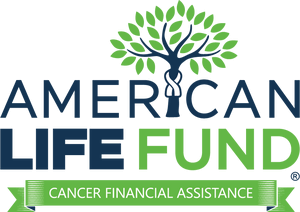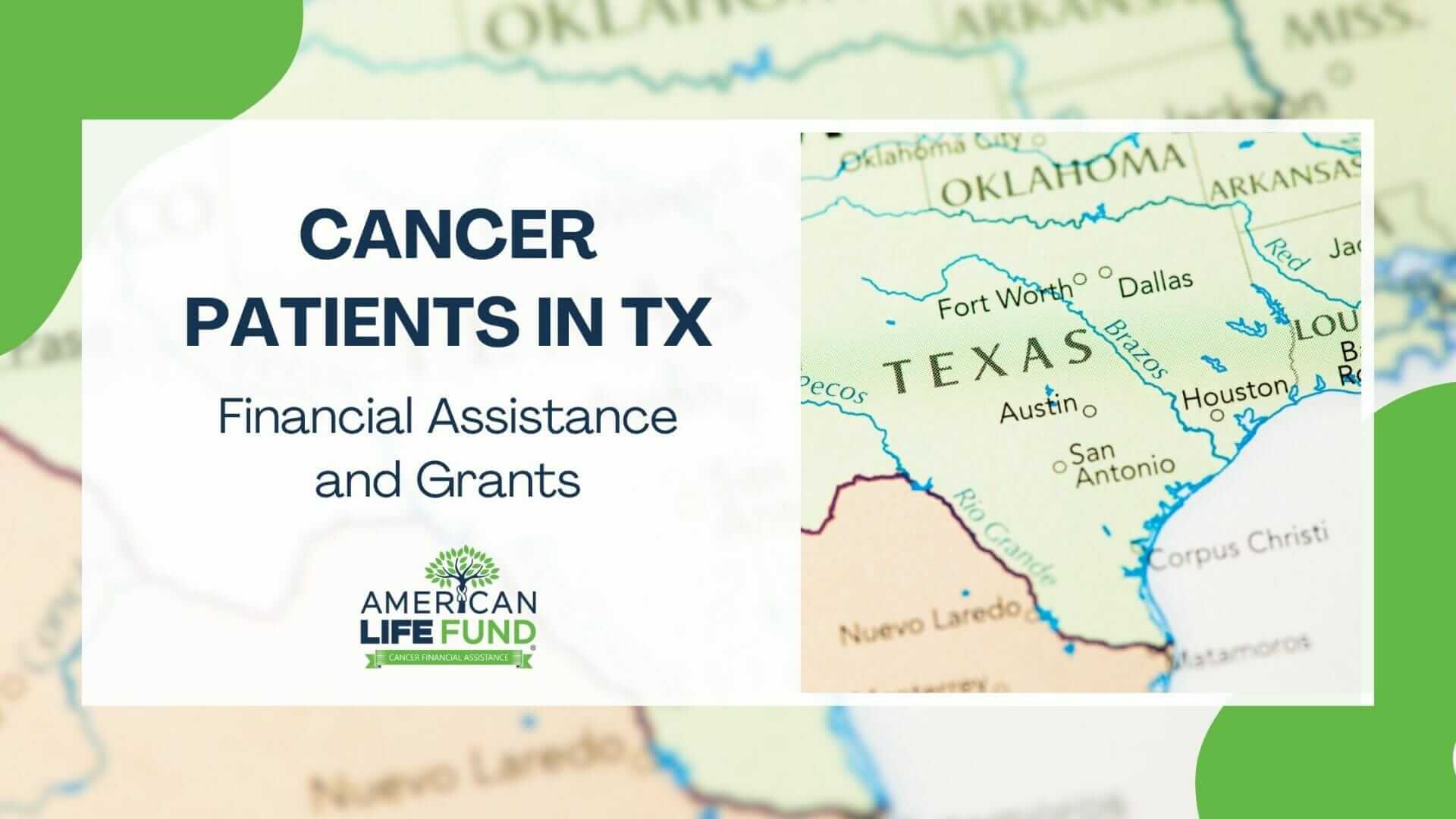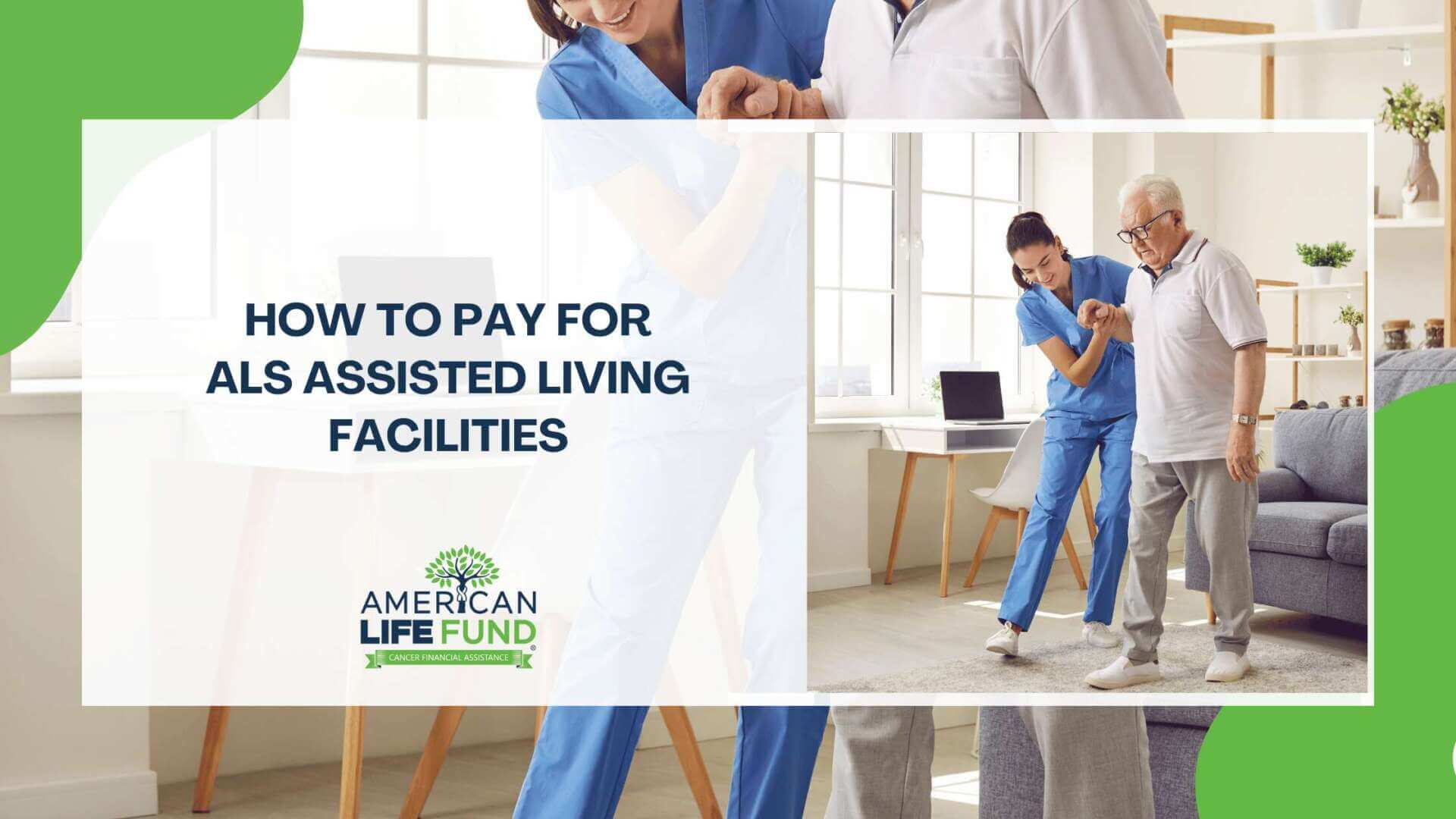Cancer brings emotional and financial challenges that most Texans aren’t fully prepared for. Nearly 30% of families in Texas facing a cancer diagnosis experience significant financial stress, especially when insurance coverage is limited or treatment requires frequent travel.
The good news is that multiple forms of assistance are available. State-funded programs such as Medicaid, Medicare, and the Texas Cancer Prevention and Research Institute can help with treatment costs, medications, transportation, and lodging. Nonprofit organizations like CancerCare and the American Cancer Society offer additional support, including medical supplies, counseling, and financial grants.
Before diving into specific resources, it’s important to take a few simple proactive steps that make the process faster and easier.
Where to Start: Your First Steps Toward Financial Relief
Navigating financial support during cancer treatment can feel overwhelming—but you don’t have to go it alone. These first steps will help you build a foundation for finding the assistance you need in Texas:
1. Speak with a Hospital Financial Navigator
Every major cancer center or hospital in Texas typically offers a financial navigator or patient advocate. These professionals can help:
-
Determine your eligibility for aid
-
Assist with applications for Medicaid, charity care, and grants
-
Connect you with nonprofit programs and local services
Tip: Ask your oncologist or care team how to get in touch with the hospital’s financial counselor.
2. Gather the Right Documentation Early
Having your paperwork ready can speed up applications and reduce stress. Start by collecting:
-
Proof of income and insurance (if applicable)
-
Medical diagnosis documentation
-
A list of monthly expenses
-
Copies of your life insurance policy (if you have one)
Tip: Create a folder (digital or physical) with all your documents in one place for easy reference.
3. Use 2-1-1 Texas to Find Local Help
Dial 2-1-1 or visit 211Texas.org to find local support programs, including:
-
Transportation to treatment
-
Rent and utility assistance
-
Food banks and community grants
Tip: When calling 2-1-1, be ready to provide your ZIP code and diagnosis to get tailored local recommendations.
What Can Cancer Patients Expect When Looking For Financial Assistance in Texas?
Cancer treatment in Texas can be financially challenging, but various assistance options are available to help manage these costs. Understanding the financial landscape is crucial for patients and their families.
Understanding the Costs:
- Initial Diagnosis and Testing: The costs can quickly add up, often ranging from $1,000 to $10,000 or more, depending on the complexity of the tests and the need for specialized imaging.
- Treatment Expenses: Treatments such as surgery, chemotherapy, and radiation can be prohibitively expensive. For example, a course of chemotherapy can cost between $10,000 and $100,000, depending on the type and duration of treatment. Radiation therapy may add another $10,000 to $50,000.
- Medications: The cost of cancer medications can vary widely, with some new drugs costing $10,000 or more per month. Even generic drugs and supportive medications can strain a patient’s budget.
- Additional Costs: Beyond medical treatment, there are often expenses for travel, lodging, and lost income if the patient or a caregiver has to take time off work.
Texas Viatical Settlements and Why American Life Fund Is Your Choice
When someone has a life-threatening illness, time matters—so does financial stability. A viatical settlement allows you to convert an existing life insurance policy into a large lump-sum cash payment, giving you the freedom to afford medical bills, living expenses, alternative treatment, and everything in-between, without draining savings or asking family for help.
Where other financial options delay, complicate, or fall short, American Life Fund delivers simplicity, speed, and dignity.
Why Choose a Viatical Settlement Through American Life Fund
- Immediate funds, no delays: Once approved, we deliver the cash quickly—often within days—not weeks or months. That money can be used however you need: nursing care, medical supplies, or even experiences with your loved ones. There are no restrictions on use.
- You keep your privacy: The process is completely confidential. You’re not applying for charity or asking for approval from an insurance company or community organization. It’s a direct exchange that respects your decisions and time.
- No out-of-pocket costs: There are zero fees to apply. You don’t pay anything to begin the process or complete it—ever. There’s no risk in getting a quote.
- You stop paying premiums: Once you accept the settlement and sell your policy, you are no longer responsible for ongoing premium payments. That’s one less bill and one less worry.
- We are fast, personal, and experienced: We specialize in working with people facing serious illness. Our team is trained to keep paperwork to a minimum, get straight to the point, and treat you with the utmost care and respect.
Eligibility Criteria: Simple and Transparent
American Life Fund makes eligibility straightforward. To qualify for a viatical settlement:
- You must have a life-threatening illness such as cancer, ALS, Alzheimer’s, or another advanced diagnosis.
- You own a life insurance policy of $100,000 or more. The policy must be at least two years old.
- We accept most policy types, including term, whole, universal, and group life insurance.
- You must be the legal policyholder, or have permission to act on behalf of the policyholder.
If you meet these criteria, you’re eligible to receive up to 70% of the policy’s face value, depending on the specifics of your diagnosis and policy details.
See if your policy qualifies and get cash now!
Nationwide Programs with Texas Branches
1. American Cancer Society (ACS) – Texas Hope Lodges
What: Free lodging for cancer patients and caregivers traveling more than 40 miles or over an hour for treatment.
- Texas Locations: Dallas (Gene & Jerry Jones Family Hope Lodge) near Baylor Scott & White, and Houston facility near the medical district.
- Details: Guests stay in private suites with shared kitchens, laundry, community areas, and meditation space. At full capacity, ACS Hope Lodges save patients over $4,000 per two-week stay and over $6 million in lodging costs annually in Houston alone.
- To Apply: Referral from your local doctor or treatment center; availability is first‑come, first‑served. Call ACS at 1‑800‑227‑2345 within office hours.
- Timeline: Typically confirmed within days, but waitlists may apply during peak times.
2. CancerCare Co‑Payment Assistance Foundation
What: Grants to help cover co-pays, premiums, travel, childcare, and medical supplies.
- Amount: Initial grants typically range from $2,500 to $5,000; maximum program caps reach $5,000–$10,000 annually depending on diagnosis. Retroactive funding up to 60 days is possible.
- How to Apply: Online or call 1‑866‑55‑COPAY to get linked with a specialist. Physician verification required.
- Timeline: Approval within 2–3 weeks; additional funds may require extra documentation.
3. Patient Access Network (PAN) Foundation / NeedyMeds via Texas Oncology
What: Assistance for prescription drug costs via manufacturer co‑pay or patient assistance programs. Social workers at Texas Oncology clinics assist in application.
- Support Level: May cover full or partial medication costs depending on drug and fund availability.
- Timeline: Application through clinic support staff; decisions often in days or up to two weeks depending on the provider.
4. CFAC (Cancer Financial Assistance Coalition) – ZIP‑based Search Tools
What: Database to find programs by ZIP code, covering housing, utilities, travel, and medication support.
- Support Level: Varies fund by fund—some grants cover thousands; others minimal.
- Timeline: Use online tool or ask your oncology social worker; some programs have waiting lists.
5. Texas Society of Clinical Oncology (TxSCO) Financial Advocacy
What: Social workers’ network in major cancer centers across Texas helping secure charity care discounts, payment plans, or hospital-based aid.
- Support Level: No cash grants—but can reduce burdensome bills significantly.
- Timeline: Referral through hospital or oncology clinic; advocacy often takes 1–3 weeks.
Texas‑Only Programs Rooted in Local Spirit
6. MD Anderson Uncompensated Care & Patient Financial Assistance
What: Full or partial coverage of MD Anderson services for Texas residents without insurance or with severe financial need.
- Coverage: Covers hospital charges, clinic fees, doctor’s fees, certain prescriptions (excl. outpatient processing fee). MD Anderson provided $353.8 million in uncompensated care for ~80,000+ patients in FY2024.
- Eligibility: Must be Texas resident for ≥6 months, provide documentation of income/assets, and proof of limited third-party coverage.
- How to Apply: Submit application within 15 days to Financial Clearance Center via email/fax/mail (contact info and instructions provided on application).
- Timeline: Processing may take several weeks; verification and follow-up required.
7. Texas Cancer Information (TCI) – Access to Care Directory
What: County-level directory of local nonprofits and clinics offering low-cost screenings, transportation, medical supplies, and lodging aid.
- Support Level: Free or subsidized services for uninsured patients in rural and urban Texas.
- How to Apply: Visit texascancer.info, enter ZIP code, contact listed providers; response usually within a few business days.
8. Texas Oncology Foundation Patient Support
What: For active Texas Oncology patients—grants to assist with living expenses, travel, housing, and medical supplies.
- Support Level: Frequently provides hundreds to a few thousand dollars per patient.
- Timeline: Referred via Texas Oncology social worker; most decisions within 1‑2 weeks.
9. Cancer Survivors Fund (Texas‑based)
What: Tailored support for young adult survivors in Texas—including education scholarships, prosthetics, and vocational grants.
- Support Range: Varies depending on need—life-changing one-time aid.
- Timeline: Online application; decisions in several weeks.
10. Texas Legal Services Center (TLSC)
What: Legal help navigating Medicaid enrollment, SNAP, housing issues, insurance appeals.
- Support: No direct financial grants, but helps low‑income families secure critical benefits.
- How to Apply: Call Texas Legal Hotline, often same-day telephone support or appointment.
How to Start: Tips for Cancer Patients in Texas
Start early
Call your hospital’s billing office and ask if they have a financial navigator or patient advocate. These people often know which state programs still have open funds. Ask them for a list of deadlines and required documents. That’s your first timeline.
Research your options
Use the Texas Cancer Information Access to Care directory. It’s organized by ZIP code and service type. Search for transportation, treatment help, and insurance coverage support in your county. Bookmark the programs you qualify for and note which ones require a doctor’s referral.
Keep detailed records
Use a simple three-folder system: one for bills, one for application paperwork, and one for correspondence. Don’t wait to be asked. Some programs require proof of family income, insurance status, and residency. Keeping that ready cuts down response time.
Reach out for help
When you call a program, ask for a real contact, not just an email. Speak to a person, not a portal. Say: “Can you walk me through the application process?” People will explain more than the website ever will.
Be persistent
Set a calendar reminder to follow up every five days. When you call again, mention who you spoke with and the date. Programs respond faster when they know you’re organized.
Consider non-financial assistance
Ask hospital departments if they partner with local food pantries, volunteer drivers, or churches offering medical supplies. These are often unlisted and only shared with people who ask directly.
What Real Support Looks Like in Texas
Professional support services in Texas are set up to help people take action quickly. These include hospital departments, public clinics, and nonprofit providers working with low income people who need immediate relief. Support can include help with medical supplies, transport vouchers, and referrals to active aid programs.
Most options depend on eligibility tied to insurance coverage, family income, or geographic access. Some funds come from drug manufacturers, others from community groups or state grants. Many provide value, but few can offer fast, unrestricted assistance. The application processes vary. Timelines range from ten days to over a month. Every person applying has to manage forms, interviews, and follow-up calls.
For those who don’t qualify or can’t wait, a viatical settlement with American Life Fund, the top viatical settlement company, offers a direct alternative. It gives needy families and individuals the ability to access a lump sum from an existing life insurance policy. Funds arrive fast. There are no limits on how they’re used: pay for food, treatment, bills, or use it to access food pantries and other resources without delay. Some people manage with programs. Others need something immediate and reliable.
Call us today on (877) 261-0632
FAQ For Financial Assistance For Cancer Patients in Texas
What Types of Financial Assistance Are Available for Patients undergoing cancer treatment in Texas?
Cancer patients in Texas may qualify for several financial assistance programs, including federal and state options like Medicaid, Medicare, and the Children’s Health Insurance Program (CHIP) for eligible children. Additionally, Texas has the Cancer Prevention and Research Institute (CPRIT), which funds cancer research and provides services to underserved groups. National organizations like CancerCare, the American Cancer Society, and other local health and human services agencies also offer support for treatment-related expenses.
How Can I Determine Eligibility for Financial Assistance Programs in Texas?
Eligibility requirements vary by program. Medicaid, Medicare, and CHIP have specific income and asset limits, while other organizations may have different criteria. It’s helpful to speak with a financial counselor or social worker who can guide you through options that best suit your situation, particularly if your cancer diagnosis affects your ability to work or cover treatment costs.
What Types of Expenses Can Financial Assistance Programs in Texas Cover?
Many programs assist with medical bills, medication costs, transportation, lodging, and more. Some financial aid can also help with income loss due to caregiving responsibilities. If you have health insurance, aid programs may cover additional costs not covered by your plan, helping manage expenses related to cancer care.
Can I Receive Financial Assistance if I Have Health Insurance?
Yes, financial assistance programs are available to help with out-of-pocket expenses, deductibles, and copays not covered by insurance. This can be helpful in managing the high costs of cancer treatment, from medication to travel, which often strain household budgets.
Are There Emotional Support Resources Available for Cancer Patients and Their Families?
Yes, organizations such as the American Cancer Society and CancerCare provide emotional support through counseling, support groups, and mental health services. These resources can help patients and families cope with the emotional aspects of a cancer journey.








